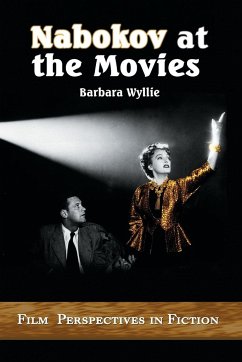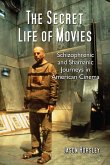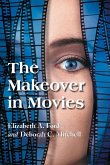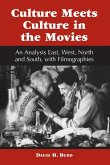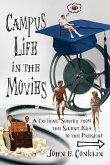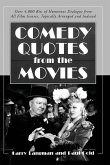Vladimir Nabokov claimed, speaking of Laughter in the Dark: ""I wanted to write the entire book as if it were a film."" The relevance of film to the novelist's art remains a preoccupying question in recent American fiction: writers must decide whether to acknowledge the medium that is a defining element of America's collective unconscious and, if so, how to deploy it successfully toward a written work of fiction. In situating Nabokov within America's literary and cinematic traditions, this book throws new light on Nabokov's treatment of film in his work, focusing on major texts set against key developments in American film and fiction from the 1920s on. Parallels are drawn with the cinematic fiction of American writers such as John Dos Passos and F. Scott Fitzgerald, whose treatment of film in literature can be compared to Nabokov's Russian works. Major influences on Nabokov's early Russian fiction include experimental German and Soviet film, while his later English work demonstrates an affinity with contemporary American fiction and film, from 1940s noir to the New Hollywood of the early '70s. In order to create Lolita's heroine, Nabokov had to acquaint himself with her world, a postwar America dominated by Hollywood; she appears as a femme fatale, fugitive moll, and screwball heroine. Van Veen, on the other hand, manipulates the cinematic mode as a narrative and representational tool, which in turn becomes integral to processes of memory and the imagination. A variety of works by Nabokov and others are explored, with particular emphasis on Laughter in the Dark, ""The Assistant Producer,"" Lolita, Ada, Transparent Things, as well as The Great Gatsby, The Big Sleep, The Moviegoer and American Psycho. Film stills, a detailed filmography and bibliography complete the book.
Hinweis: Dieser Artikel kann nur an eine deutsche Lieferadresse ausgeliefert werden.
Hinweis: Dieser Artikel kann nur an eine deutsche Lieferadresse ausgeliefert werden.

